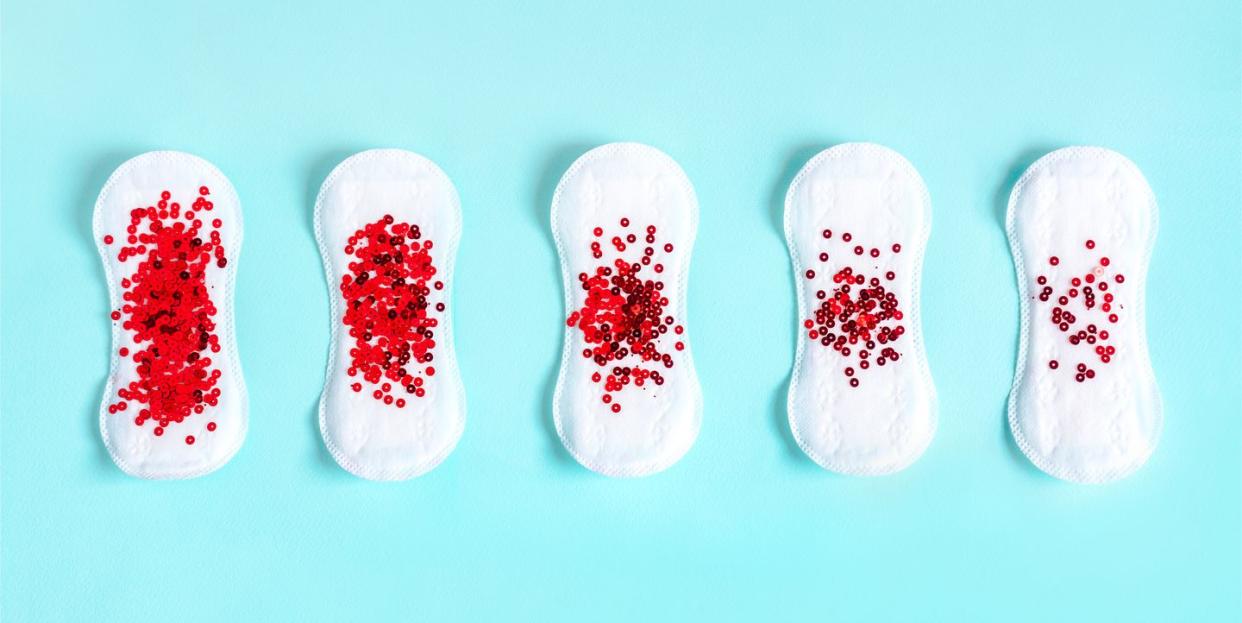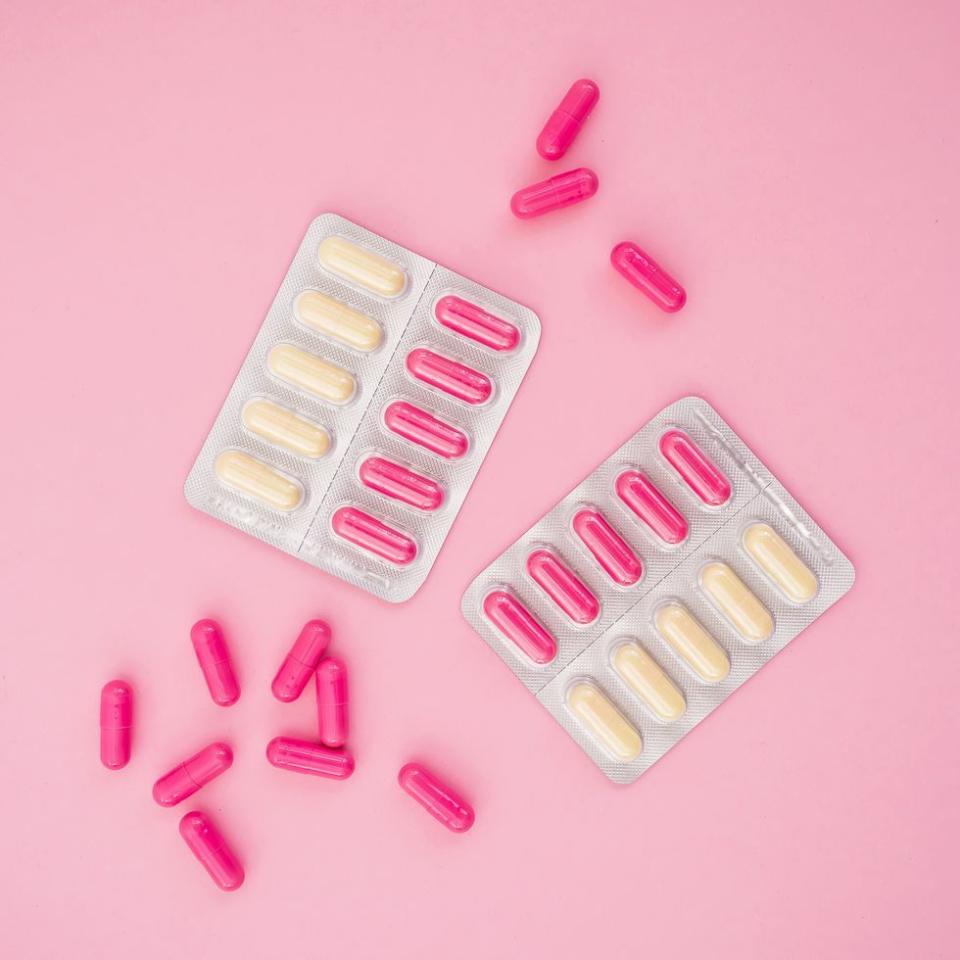How Menopause Really Impacts Your Weight, Disease Risk, and Sex Life

"Hearst Magazines and Yahoo may earn commission or revenue on some items through the links below."
When it comes to big changes to your body, menopause is right up there with puberty and pregnancy. But unlike these transitions, which tend to come with awkward parental talks or classes, there’s no real guidebook for menopause—which can lead to lots of confusion.
There’s no shortage of menopause myths and misconceptions. You might have heard friends say things like My sex life is about to be over! or I’ll never sleep well again! But the thing is, menopause is different for everyone and many of the myths out there are flat-out wrong.
Take this quiz to test your menopause knowledge—and learn the facts so you can navigate “the change” with ease.
The answer: false.
Weight gain is common during menopause, however, many women only gain an average of 5 pounds, according to the U.S. Department of Health and Human Services (HHS). Lower estrogen levels may be to blame, as well as a slower metabolism and a decrease in muscle mass, which happens naturally when you age (muscle burns calories, even when you’re sedentary).
But packing on pounds isn’t inevitable, says Emil Tajzoy, MD, an OB/GYN at Texas Health Dallas. There are things you can do to keep weight at bay—starting with exercise. Dr. Tajzoy recommends 45 minutes of cardio five times a week and strength training twice a week to burn calories and build muscle. And consider trimming your portions a smidge. “In your 50s, your body will require around 10 percent fewer calories as compared to when you were in your 30s,” he says. In other words, if you needed about 1,800 calories per day to maintain your weight a few decades ago, your new maintenance point is 180 calories lower—that’s roughly the amount in two medium chocolate chip cookies.
The answer: true.
Low levels of estrogen and progesterone increase your risk of serious health issues like heart disease, stroke, and osteoporosis, according to the HHS. The good news is you can—and should!—take steps to protect your health, like exercising for at least 45 minutes on most days of the week and eating a healthy diet. Think: lots of fruits and veggies, healthy fats (e.g., avocado and nuts), lean proteins (like skinless chicken breasts and beans), and whole grains, experts recommend.
Talk to your doctor to see if you might benefit from supplements like a daily B vitamin complex; the nutrients help keep blood and nerve cells healthy and is harder to absorb from food as you age. Your doc may also recommend calcium and vitamin D supplements to keep your bones healthy and reduce the risk of osteoporosis, a condition that becomes more prevalent after menopause.
The answer: false.
Lower estrogen levels cause vaginal and vulvar tissue to thin, which means that feelings of dryness, burning, or tightness during sex can occur. But they don’t have to: “The first line of therapy is to use vaginal moisturizers two to three times a week, even in the absence of intercourse,” Dr. Tajzoy says.
And if those don’t cut it? Loop in your doctor. She might prescribe a vaginal estrogen cream or refer you to pelvic floor therapy, which can make vaginal tissue more flexible and ease tightness or discomfort, says Leslie Gonzalez, MD, an OB/GYN at PIH Health in Downey, California.
The answer: true.
It’s not just your imagination: Around a quarter of women going through menopause experience insomnia that’s severe enough to affect their daytime functioning, findings show. One of the biggest sleep stealers? Hot flashes. To keep them from interrupting your sleep, try turning down the thermostat, placing a fan next to your bed, and wearing loose, light pajamas, Dr. Tajzoy says. Exercise may also make you snooze more soundly by helping your body regulate its temperature more effectively and decreasing your resting core temperature, according to research.
If neither of these remedies help, talk to your doc, who may prescribe a hormonal supplement like estrogen, says Dr. Gonzalez.

The answer: false.
Despite the previous debate, experts agree that synthetic estrogen or progestin can play a valuable role in bringing low estrogen levels back up, which can ease hot flashes, night sweats, vaginal dryness, and pain during sex. But since the benefits don’t always outweigh the potential risks, it’s important to know how you might be affected before deciding to take them.
Hormone replacement meds can potentially increase your risk for blood clots, heart attacks, strokes, breast cancer, and gallbladder disease, according to the National Institutes of Health (NIH). Some women may be more prone to these problems than others, so it’s important to weigh your individual risks and benefits with your doctor. And if you decide HRT is worth a try? Ask your doctor if taking the lowest dose for the shortest amount of time possible might be a smart move for you, the U.S. Food and Drug Administration (FDA) recommends.
Like what you just read? You’ll love our magazine! Go here to subscribe. Don’t miss a thing by downloading Apple News here and following Prevention. Oh, and we’re on Instagram too.
You Might Also Like

